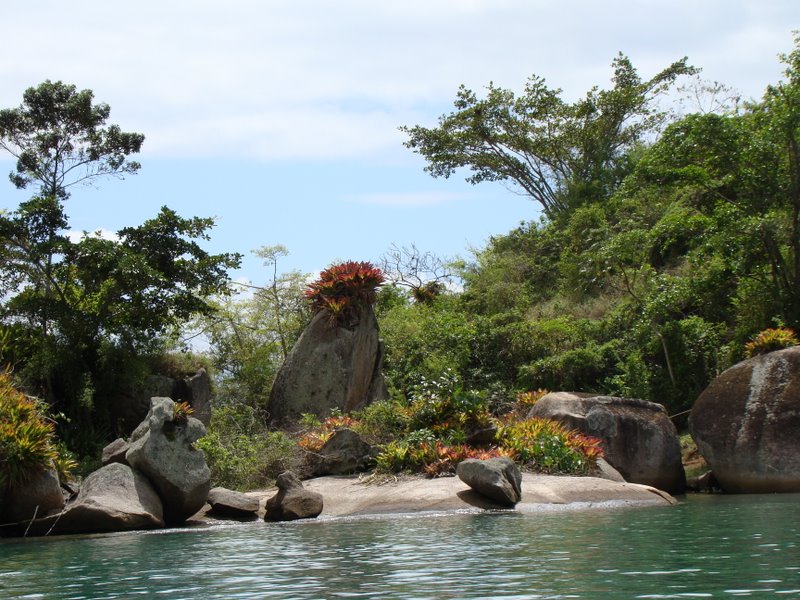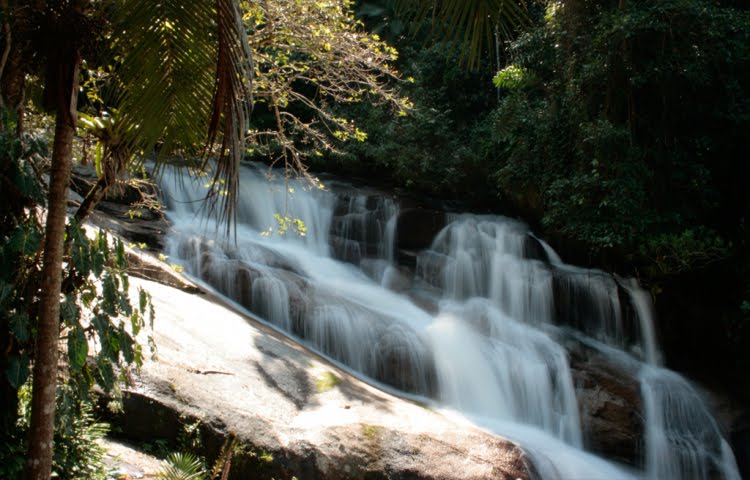Indroction
At 8:45 a.m., September 11th, 2001, the first of two airlines struck the World Trade Center in New York, in the first of a series of coordinated terrorist attacks on the United States. At 9:03, a second plane crashed into a second World Trade Center tower, and exploded. With both buildings ablaze, hundreds of rescue personnel rushed to the scene.
At 9:43 a.m., a third passenger plane crashed into the Pentagon, in the world’s largest office building. At 10:05, the south tower of the World Trade Center collapses, plummeting into the streets below. A massive cloud of dust and debris forms and slowly drifts away from the building. Five minutes later, a portion of the Pentagon collapsed. At 10:28, The World Trade Center's north tower collapses from the top down, releasing a tremendous cloud of debris and smoke. At 10:48 police confirm that a fourth passenger jet had crashed in western Pennsylvania.
Background
In the deadliest terrorist attack on American soil, hijackers crashed passenger planes into the Pentagon and the World Trade Center towers in New York, toppling the 110-story twin towers, killing all aboard the jets and more than 3,000 people on the ground.
Learning from History
In ordinary times, many students question the value and relevance of history. After all, knowledge of history doesn't seem as practical or rewarding as knowledge of medicine or physics or economics. The normal justifications for studying history seem rather vague: to learn about the development of our society and our cultural heritage; to develop the skills characteristic of history as a discipline, such as the ability to undertake research, to read and interpret primary sources, to write clearly and analytically.
But in times of crisis and tragedy we are reminded of the more profound reasons why we study history. We study history:
What, then, do the events of September 11, 2001 teach us about history?
fonte: http://www.digitalhistory.uh.edu/modules/sept11th/
At 8:45 a.m., September 11th, 2001, the first of two airlines struck the World Trade Center in New York, in the first of a series of coordinated terrorist attacks on the United States. At 9:03, a second plane crashed into a second World Trade Center tower, and exploded. With both buildings ablaze, hundreds of rescue personnel rushed to the scene.
At 9:43 a.m., a third passenger plane crashed into the Pentagon, in the world’s largest office building. At 10:05, the south tower of the World Trade Center collapses, plummeting into the streets below. A massive cloud of dust and debris forms and slowly drifts away from the building. Five minutes later, a portion of the Pentagon collapsed. At 10:28, The World Trade Center's north tower collapses from the top down, releasing a tremendous cloud of debris and smoke. At 10:48 police confirm that a fourth passenger jet had crashed in western Pennsylvania.
Background
In the deadliest terrorist attack on American soil, hijackers crashed passenger planes into the Pentagon and the World Trade Center towers in New York, toppling the 110-story twin towers, killing all aboard the jets and more than 3,000 people on the ground.
Learning from History
In ordinary times, many students question the value and relevance of history. After all, knowledge of history doesn't seem as practical or rewarding as knowledge of medicine or physics or economics. The normal justifications for studying history seem rather vague: to learn about the development of our society and our cultural heritage; to develop the skills characteristic of history as a discipline, such as the ability to undertake research, to read and interpret primary sources, to write clearly and analytically.
But in times of crisis and tragedy we are reminded of the more profound reasons why we study history. We study history:
- In Order to Learn from the Mistakes of the Past so We do not Repeat Them.
- Because Knowledge of the Past is Essential to Understanding the Present and Shaping the Future.
- To Remind Ourselves that Nothing is Inevitable, but is the Product of Human Action and Choices But also of Chance.
- To Remember Acts of Heroism and of Villainy.
- Because History Contributes to Moral Understanding and Reminds Us about the People who Weathered Adversity and Acted with Courage.
What, then, do the events of September 11, 2001 teach us about history?
- To Expect the Unexpected
No one predicted on September 10, 2001 that the next day would witness an unprecedented act of terrorism, just as no one in 1941 anticipated an attack on Pearl Harbor and no one in 1991 guessed that the Soviet Union would collapse. Similarly, no one guessed that the outbreak of world war in 1914 would result in the collapse of five empires or the Communist Revolution in Russia.
Today, no one can predict the outcome of the events that took place on September 11, 2001. But history does remind us that consequences of a terrorist attack or an assassination are rarely those that the perpetrators of violence have sought. Those who destroyed the World Trade Center and attacked the Pentagon hoped to demoralize the American population, disrupt our economy, and discredit the United States in the eyes of the world. Despite the destruction they wrought, it seems unimaginable that the terrorists will succeed in those goals.
- To Remember that Nothing is Inevitable What happened on September 11, 2001, was not preordained. The tragic events that occurred that day were the product of a train of individual events that might have turned out differently. Nothing better underscores the unpredictability of events better than the actions of the brave passengers on United Airlines Flight, who learned about the attacks on the World Trade Center and sacrificed their own lives in order to prevent their airplane from striking Washington, D.C.
- To Understand Why In recent years, we have come to recognize that most acts of aggression and fanaticism in the contemporary world are rooted in a sense of historical grievance. In areas as diverse as the Balkans, Israel and Palestine, Northern Ireland, and Zimbabwe memories of the past are strong and fuel contemporary conflicts. History does not have the power to resolve those conflicts, but it can help us understand why antagonisms are so deeply rooted.
- To Prevent History from Repeating Itself Over time, we will understand why the intelligence apparatus failed to uncover the terrorist plot and why our security systems failed to prevent the attacks. As we learn from past mistakes, we may be able to prevent similar acts of terror from recurring in the future.
- To Remember
History is our collective memory. It is an indelible record of acts of bravery and of treachery, of leadership and of cowardice. We study history in order to keep these memories alive.
fonte: http://www.digitalhistory.uh.edu/modules/sept11th/





















Nenhum comentário:
Postar um comentário